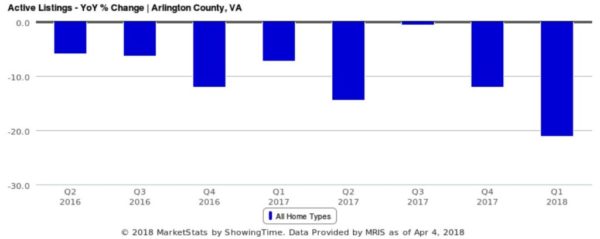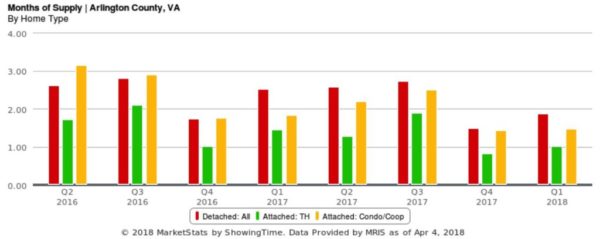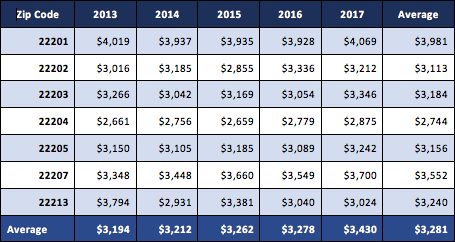This regularly-scheduled sponsored Q&A column is written by Eli Tucker, Arlington-based Realtor and Rosslyn resident. Please submit your questions to him via email for response in future columns. Enjoy!
Question: How long does it usually take to close on a home purchase/sale after an offer has been accepted?
Answer: If a loan is being used to purchase the home, expect the time from offer acceptance (ratification) to closing (purchase/sale) to take 30-45 days and a week or less if it is a cash purchase.
The average closing period in Arlington from 2010-2017 was 42 days and the median closing period was 36 days. Keep in mind that includes sales with a seller rent-back period which can extend closing for months.
As a general rule of thumb, a quick close is anything under 30 days, with some lenders able to close in as little as two weeks, and anything over 40 days is generally considered a delayed closing around here. With the majority of sellers preferring to sell as quickly as possible, quick closings are a great way to help your offer stand out.
Below are the three elements of most real estate transactions that determine how quickly a home can be sold after an offer is accepted:
Financing (14-45+ days)
One of the biggest differences between financing through large national banks and a local lender tends to be the speed they can close a deal.
Most of the big banks I’ve worked with struggle to close in less than 35-40 days, often asking for 45 days, which can really compromise a buyer’s negotiation leverage in a competitive market. On the other hand, many local lenders have no problem closing in 3-4 weeks, with some able to close in two weeks under the right circumstances.
Appraisal: All lenders require an appraisal, which usually takes 1-3 for the final appraisal report to be submitted.
Timelines vary based on how busy the market is (how booked up appraisers are), how quickly the request is made and whether it is requested as a rush order. With interest rates increasing over the last 12 months, refinancing has dropped significantly, thus freeing up appraisers’ schedules for purchases and allowing for faster turn-around times.
Underwriting: Underwriting is the lender’s review of the borrower’s financial information, property information, Association information (if applicable) and any other relevant facts they need to determine whether or not they will approve/fund the loan.
Buyers play a big role in how quickly this process moves by responding quickly to any lender requests for new or updated documents or explanations. Once a loan has been approved by underwriting, there is a mandatory three-day loan terms review period the buyer is required to have before the property is purchased.
Title Review (3-7+ days)
Before a property is sold, a Title Company or attorney specializing in the field will order a title search and (usually) a survey of the property to check is there are any outstanding claims against the ownership of the property (liens), no issues with property boundaries or other red flags that may impact the ability of the owner to transfer the property’s title free and clear.
This process generally takes anywhere from a few days to a week, as long as there aren’t any issues that need to be resolved. (more…)








